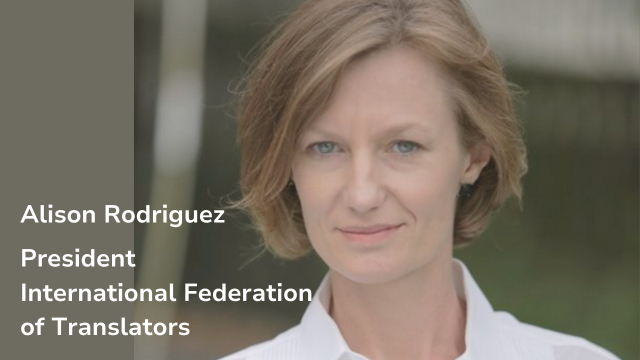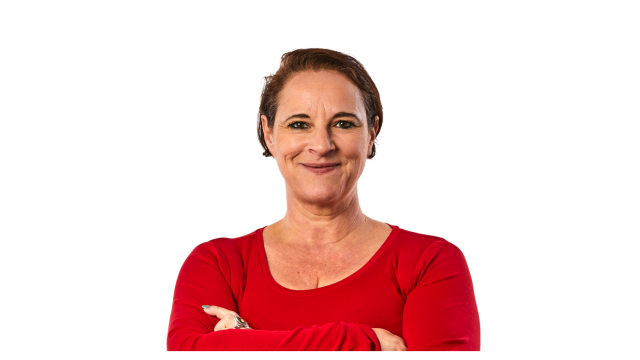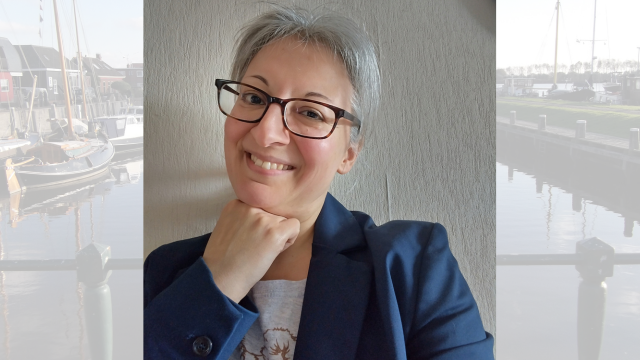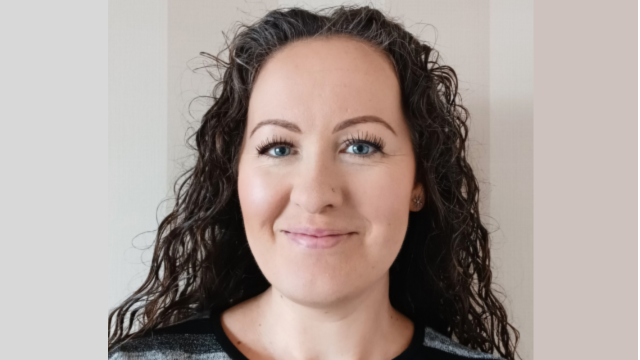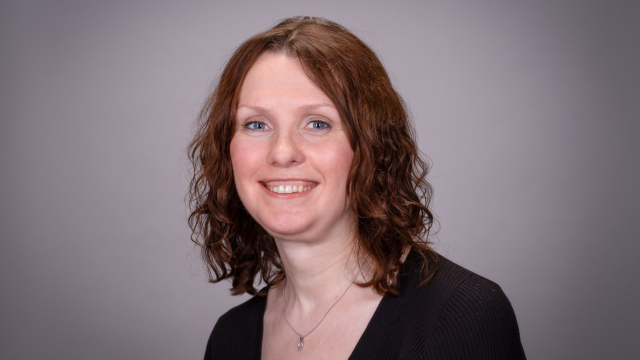-
QUALIFICATIONS
- For Linguists Worldwide
- For UK Public Services
- Preparation
- Policies & Regulation
-
MEMBERSHIP
- Join CIOL
- Membership grades
- NEW for Language Lovers
- Chartered Linguist
- Already a member?
- Professional conduct
- Business & Corporate Partners
-
ASSESSMENTS
- For Second Language Speakers
- English as a Second Language
-
TRAINING & EVENTS
- CPD, Webinars & Training
- Events & Networks
- CIOL Mentoring
-
NEWS & VOICES
- News & Voices
- CIOL eNews
- CIOL Awards
- The Linguist
- Jobs & Ads
-
RESOURCES
- For Translators & Interpreters
- For Universities & Students
- Standards & Norms
- CIOL & AI
- APPG
- In the UK
- UK Public Services
- Find-a-Linguist
Highly qualified, lowly paid: why under-valuing language professionals is a cause for concern
By Stephen Doswell
Income (both rates of pay and getting paid). Competition. Quality. Technology. These are uppermost among challenges facing language professionals according to the latest CIOL Insights report on the Languages Professions, published August 2022*. Indeed, three years on from a similar survey, CIOL concludes that these concerns have grown since 2019 as a consequence of events during this period, notably the Covid-19 pandemic.
The report is based on a survey conducted during spring 2022 among members of CIOL, the UK-based chartered professional body for all language practitioners. CIOL’s members work as translators, interpreters, teachers, university lecturers and trainers, or use their foreign-language skills in sectors ranging from business and industry to government, health care, the justice system, police and the armed forces. The survey findings therefore represent a broad snapshot of sentiment among language professionals. As a Chartered body, CIOL not only serves its own members but aims to be an authoritative and respected voice promoting the use of language skills and the status of language professionals, both in the UK and internationally.
There is a perception that the work of language professionals is under-valued compared to the skill levels and precision that they bring and the quality of the outcomes they provide. Indeed, the annual median income of £24,000 reported by survey respondents seems low in a field that expects a high level of formal qualifications. This is partly a consequence of a downward pressure on rates. The availability of evolving technology-linked solutions plays a part in this. Nonetheless it is both a source of concern for language professionals and paradoxical, given the acknowledged shortage of qualified, experienced linguists.
CIOL believes that this concern should be shared at a UK national level, given the economic contribution made by language services to the national economy. Put simply, the UK should invest in its foreign language capability – human as well as technical – both to optimise language service outcomes and to maintain its competitive edge.
CIOL members are in no doubt that technological change is here to stay and likely to form a part of most language professionals’ work both now and in the future. Nonetheless, it is clear that technology also has its limitations. In this light, CIOL calls on users of language services to recognise the unique advantage that language professionals can bring, with their well-honed knowledge of cultural nuance and localisation alongside the core craft of rendering speech and text from one language into another.
Stephen Doswell MCIL Chartered Linguist is a member of the Chartered Institute of Linguists and sits on CIOL Council.
*The Languages Professions Insight Survey report, published August 2022, is available to download here.
Views expressed on CIOL Voices are those of the writer and may not represent those of the wider membership or CIOL.
Filter by category
More
The Chartered Institute of Linguists (CIOL), Incorporated by Royal Charter, Registered in England and Wales Number RC 000808 and the IoL Educational Trust (IoLET), trading as CIOL Qualifications, Company limited by Guarantee, Registered in England and Wales Number 04297497 and Registered Charity Number 1090263.

